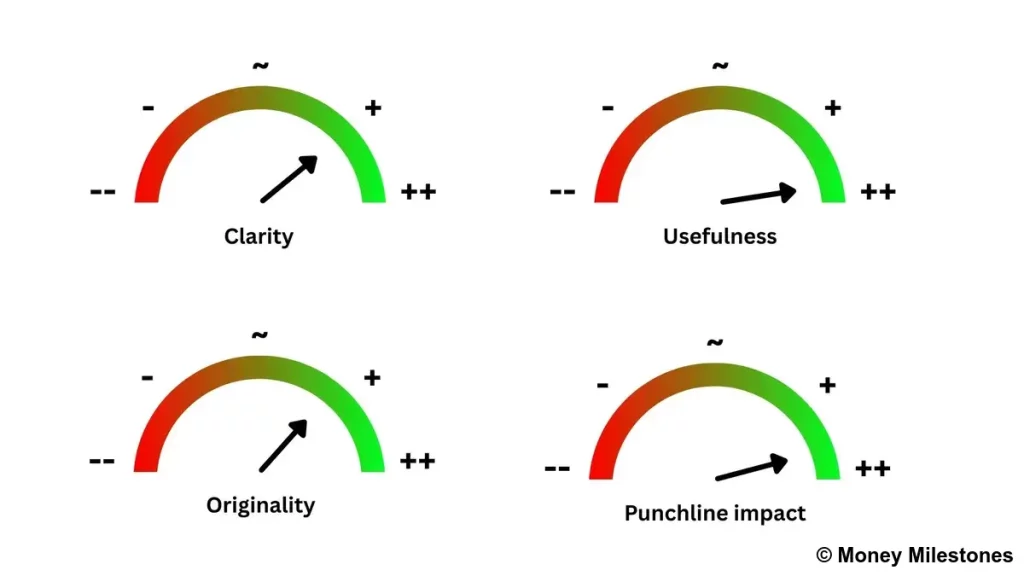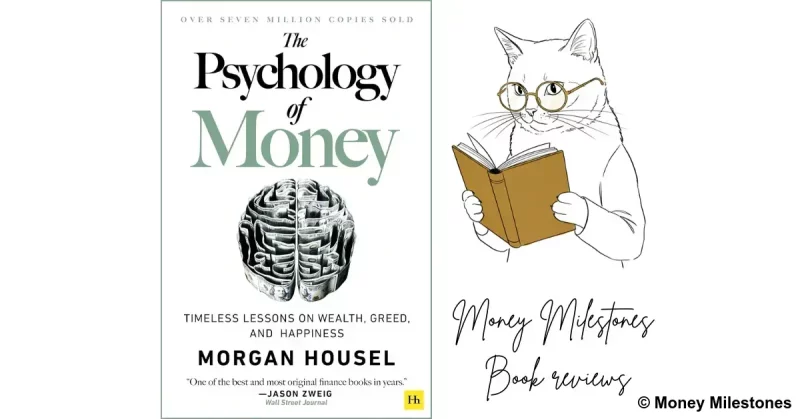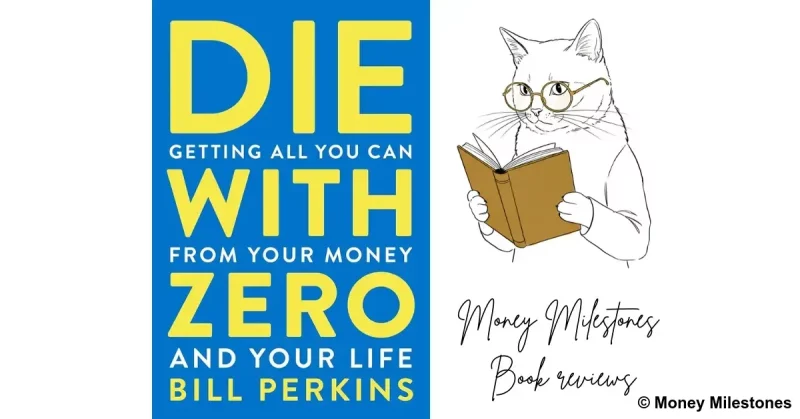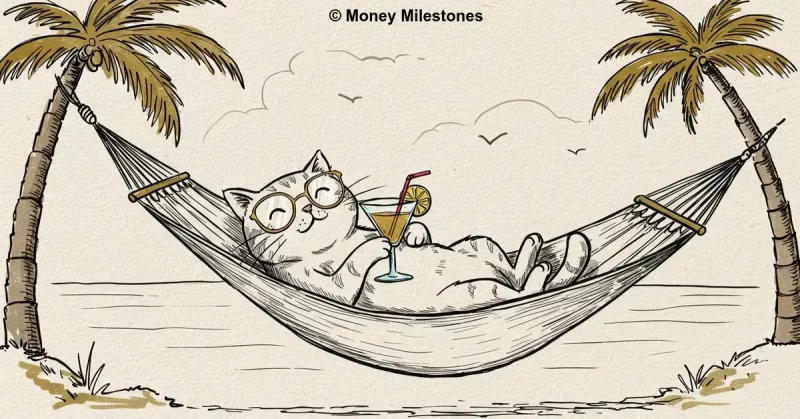The Psychology of Money review: will it make you a better investor?
So, you’re considering buying The Psychology of Money by Morgan Housel. But is it worth it? In this review, we’ll break down its insights, strengths, and flaws. Can it truly help you become a better investor? Read on for an honest The Psychology of Money review and find out if it lives up to the hype!
What’s the big idea behind The Psychology of Money?
The Psychology of Money is a 2020 book by American finance journalist Morgan Housel. Its central idea is that financial decisions are driven by human behaviour, shaped by personal experiences, emotions, and biases, rather than pure logic. As a result, these decisions are often psychological rather than strictly rational.
In this book, Morgan Housel explores our psychological biases and other human traits, examining their impact on financial decision-making. He also offers practical advice on how to succeed as an investor despite these biases and shares his own approach to saving and investing. In his own words,
Ordinary folks with no financial education can be wealthy if they have a handful of behavioral skills that have nothing to do with formal measures of intelligence.
Sounds promising, right? But does it deliver?
How well-written is The Psychology of Money?
Powerful stories… and a few puzzling ones
I firmly believe that the readability of a book is just as important as its content. After all, no one wants to struggle through a poorly written book, even if it contains incredibly valuable insights. So, how well-written is The Psychology of Money? The answer: very well, though you may find certain aspects a bit frustrating at times.
Generally speaking, the narration is excellent, and there are plenty of examples that are usually relevant:
Dogs were domesticated 10,000 years ago and still retain some behaviors of their wild ancestors. Yet here we are, with between 20 and 50 years of experience in the modern financial system, hoping to be perfectly acclimated.
This is really brilliant writing. However, there are a few strange metaphors here and there. For example, I’m still uncertain about the link between the discovery of Ice Age cycles in the 19th century and how compounding works, and whether it was truly necessary to dedicate two pages to this topic.
A short read, but could be shorter
Chapters are quite short, and the entire book is under 200 pages, so it avoids what I call the ‘hyperinflation of pages to justify the price tag’, a problem that plagues many self-help books.
That being said, I do think it could be slightly more concise. As mentioned earlier, some examples feel a bit superfluous, while others could be trimmed down. There are also a few instances of repetition. However, those are relatively minor issues.
Morgan Housel: a master of the punchline
Morgan Housel could be described as a professional punchline writer. Many of his sentences are impactful, and some are truly exceptional. For instance, in the chapter about saving money, he writes:
Savings [are] the gap between your ego and your income.
Another one, from the chapter about keeping your head cool when everything is falling apart:
Your success as an investor will be determined by how you respond to punctuated moments of terror, not the years you spent on cruise control.
In essence, The Psychology of Money is both punchy and very well-written. But it’s not perfect, and some of its flaws might seriously annoy you.
The American self-help style
First of all, The Psychology of Money is very American. What do I mean by that? Well, not only does it focus exclusively on the US in its analysis of the stock market and history, but its style also follows the canon of American self-help books.
The Psychology of Money is filled with examples designed to evoke strong emotions in the reader. These emotions are then used to support a point and convince us of a statement made by the author, which at times can feel a bit simplistic or moralistic (e.g., ‘Be nicer and less flashy’).
A lack of political courage?
Now, let’s dive into the controversial stuff. I also think The Psychology of Money lacks a bit of political courage. While Morgan Housel discusses events he presents as facts (the dot-com bubble, the 2007-2009 financial crisis, and more), he never really offers his opinion on their causes, dismissing them as irrelevant. I disagree. I believe these issues are highly relevant, and I would much rather know his opinion, even if I strongly disagree, than have to guess.
So, the book is well-written, with a few caveats. But the most important question remains: will it actually make you a better investor?
Will The Psychology of Money make you a better investor?
What plagues investing self-help books
In my experience, the vast majority of investing self-help books either provide vague, useless advice (e.g., ‘If you want to get rich, just buy low and sell high’) or very practical, down-to-earth guidance (e.g., ‘Only buy US utility stocks with a P/E lower than 8 but with growing revenues’).
Neither of these approaches are particularly helpful, but the latter is far more dangerous, because everyone loves simple rules that don’t require them to think. The reality is that these rules will never work 100% of the time. In fact, you should consider yourself lucky if they work 50% of the time.
What sets The Psychology of Money apart
The Psychology of Money is quite unique because it delivers on its promise to provide practical tips for becoming a better investor. These guidelines are neither vague nor based on questionable formulas. Instead, they are a mix of recommendations on setting your own goals, understanding yourself, and avoiding basic investing mistakes.
An example would be:
Become OK with a lot of things going wrong. You can be wrong half of the time and still make a fortune.
This sentence may seem simplistic, but there’s a lot of truth to it. People hate being wrong, and they especially hate losing money (a concept known as loss aversion in psychology). According to the author, many financial mistakes are driven by these two human traits.
Another one I really like is:
Manage your money in a way that helps you sleep at night.
Again, this might sound simplistic, but many people take huge risks in an attempt to achieve the highest possible rate of return. Morgan Housel argues that this is not necessarily the best choice for most people, and I agree with him.
If you’re looking for more practical advice, here’s another one for you:
For most investors, dollar-cost averaging into a low-cost index fund will provide the highest odds of long-term success.
This is backed by over 30 years of research comparing active versus passive investing strategies, so once again, I agree with Morgan Housel. It’s also quite refreshing and brave to hear that from a former stock picker whose job was to do the exact opposite!
The Psychology of Money review—Final thoughts: is it for you?

Overall, I believe The Psychology of Money can make you a better investor, whether you’re just starting out or already an experienced investor. That being said, I found it particularly useful for intermediate-level investors: those who understand basic investing concepts but may not be familiar with the psychological biases Morgan Housel explores.
All in all, The Psychology of Money is an important contribution to the field of investing and personal finance, and it’s certainly worth reading. But is it perfect? No. But hey, even the best books sometimes take a weird detour into Ice Age climate cycles.
If you enjoyed my review of The Psychology of Money, take a look at my other book reviews, like the one on Die with Zero by Bill Perkins.







